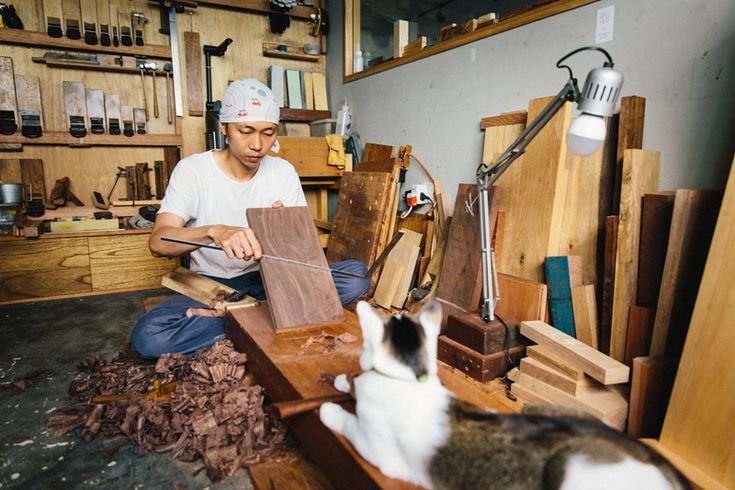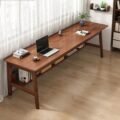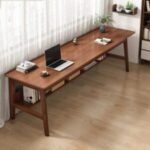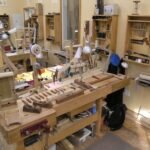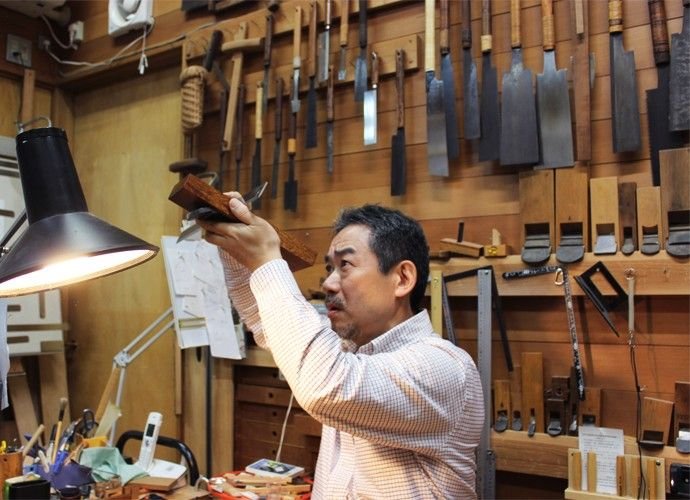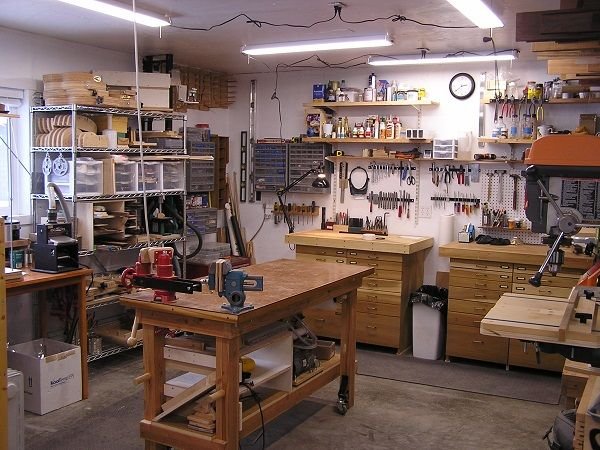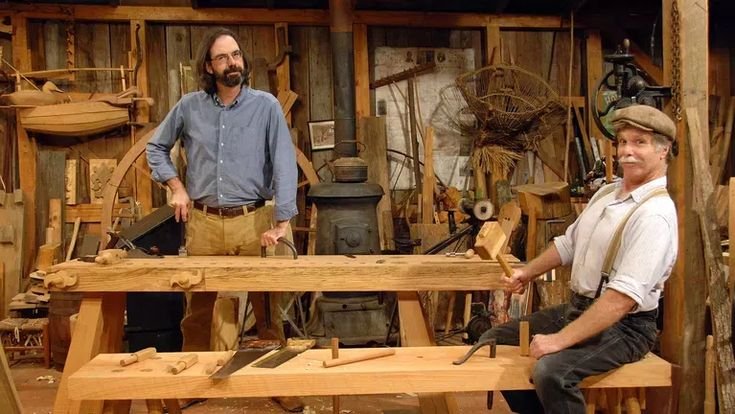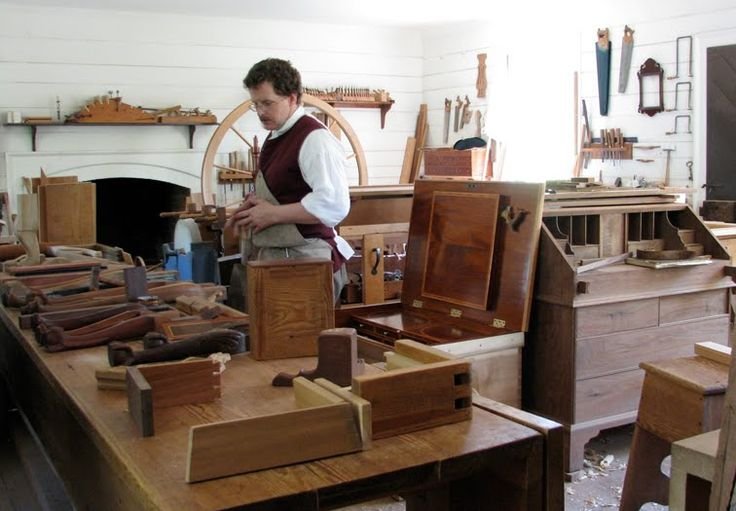When Duplicate Profiles Attack: My Woodworking Woes
You know, there’s something peaceful about hanging out in the garage with a cup of coffee and the whirring sound of a table saw in the background. I swear, every time I step into that space, it feels like it pulls me back to a simpler time, like when I was just a kid building stuff out of scrap wood and two-by-fours with my dad. Little did I know back then that as I grew older and took on woodworking more seriously, it would come with its fair share of, well, hiccups.
Last fall, I was knee-deep in building a dining table for my sister’s new house. She’s one of those people who wants everything to match, you know? So I decided to go with a nice mix of red oak and maple. Nothing extravagant, but I thought it’d have that perfect blend of rustic charm and contemporary style. So, I had my plans drawn up; I was excited. I was even humming a tune while measuring twice, cutting once—a classic mantra, right?
But here’s where things got interesting—or downright annoying, I guess. After I’d cut a few pieces and laid them out, I was looking at how they fit together, and something felt off. I squinted at the angles and edges, thinking, “Did I really measure that right?” Yet, everything seemed to be lining up just the way I wanted. I was practically patting myself on the back when I realized: I had made a duplicate profile of one of the boards.
Yeah, you heard that right. Two identical pieces meant to fit in different places. How on Earth did I manage that? It was like that classic sitcom moment where the audience collectively groans. I shook my head, trying to figure out how I could’ve made such a silly mistake. My coffee grew cold as I glazed over the plans.
At that moment, when I was staring intently at the mess I had created, I felt that familiar sinking feeling. You know the one. The type where you almost want to throw in the towel and say, “Forget it. I’ll just buy her a table.”
But then, after a deep breath, I decided I wouldn’t let myself get so defeated over something so silly. I mean, I live for this stuff! So, I grabbed an old piece of scrap wood that I had lying around, and I took a moment to think about how I could turn this blunder into something good. Sometimes, what feels like a setback can actually lead to unexpected creativity.
Armed with my jigsaw and some wood glue, I thought, “Hey, what if I turned this duplicate piece into a feature instead of a flaw?” The wheels in my head started spinning. I could create a unique centerpiece for the table—a sort of breadboard or serving tray, something that would add a personal touch!
So, I laid out the two matching pieces next to each other. The faint smell of sawdust and freshly cut wood filled the air as I began to think about how to make this work. I grabbed some clamps, applied the wood glue generously, and felt that small thrill of satisfaction as the pieces started to come together. Honestly, there’s something oddly cathartic about watching two bits of wood transform into something new.
While pouring over the details, I almost forgot about the stress of making a mistake. I was laughing out loud at how an error had turned into an opportunity, and I couldn’t help but think about how sometimes life throws random challenges our way just to see what we’ll do.
Hours passed, and by the end of the day, that duplicate piece wasn’t a problem anymore—it was a proud addition to the whole table set. The sound of the sander working on those edges was like music to my ears, a soothing reminder that even the most irritating issues can lead to something beautiful.
And the joy on my sister’s face when I delivered the finished product? You better believe it was worth all my messy moments. Every time she uses that breadboard-tray combo, I know she’ll remember I worked hard on that table, even if I almost gave up at one point.
So, if anyone out there thinks they’re bound to make mistakes—trust me, you will! It’s part of woodworking, but it’s also part of creating something meaningful. I guess what I’m trying to say is, don’t let those duplicate profiles—literally or metaphorically—drop you. Embrace ‘em, twist ‘em, and turn ‘em into an opportunity.
Look, the truth is, woodworking isn’t a straight line. It’s full of bumps, corners, and, yes, even duplicate profiles. But when you turn those hiccups into something unique? That’s where the heart of your creation lies. So if you’re thinking about taking on a project, just go for it. Embrace the chaos—it’s what makes the whole process feel so alive. After all, isn’t that what life is about?

